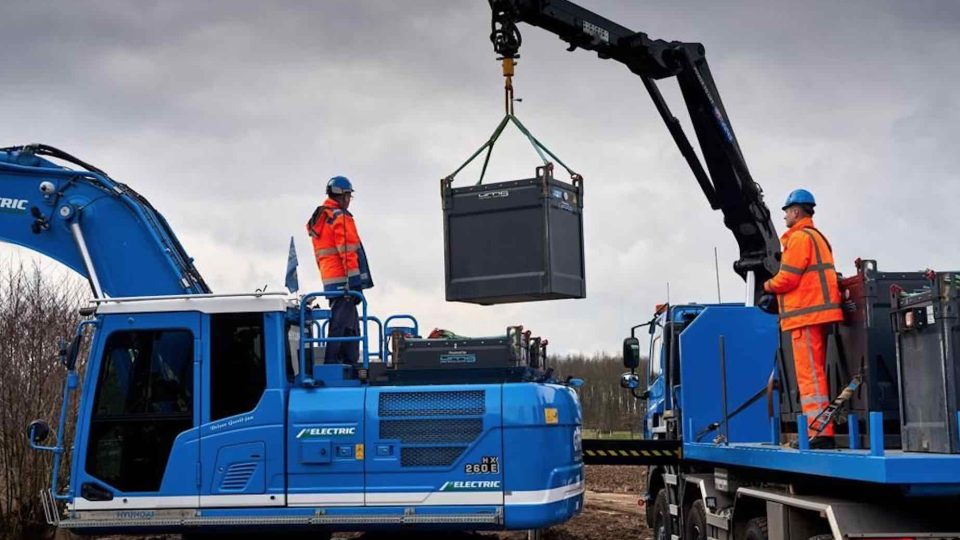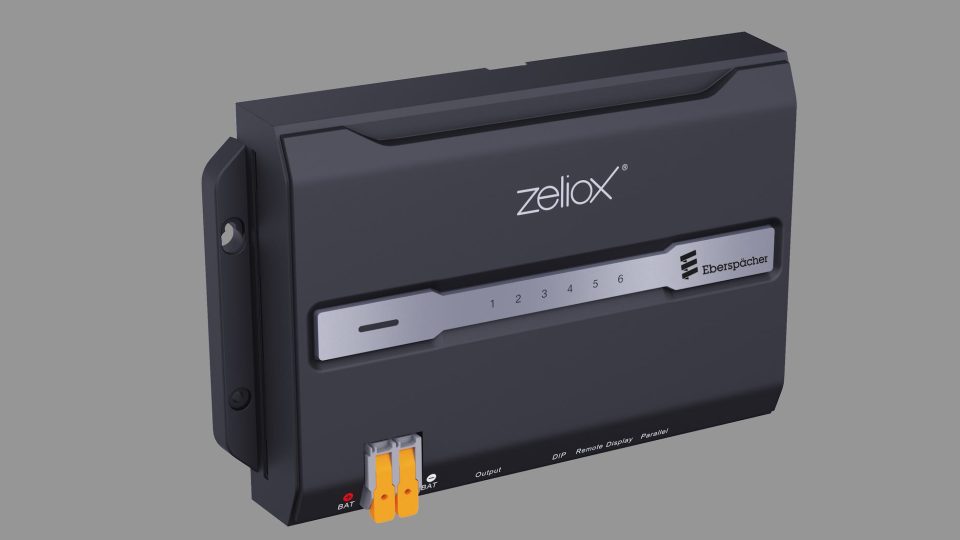Novel road surfaces could be key to living with climate change
Roads make a crucial contribution to economic development and growth and bring important social benefits – they are critical in helping a nation grow and develop. They also provide access to employment, social, health and education services – making a road network essential in fighting against poverty.

University of Birmingham experts are working with the Ethiopian Roads Administration (ERA) to develop ways of future-proofing the country’s road network against the effects of climate change – helping maintain and improve quality of life in Ethiopia and other Low-income Countries (LICs).
The partners are trialling three innovative long-life road pavement surfacings – Epoxy Modified Chip Seals (EMCS), Epoxy Modified Asphalt Surfaces (EMAS) and Fibre Mastic Asphalt (FMA), resurfacing sections within existing major roads on the Ethiopian road network .
Researchers working with ERA are assessing, through modelling and insitu trials, whether these approaches provide both more durable roads, in the face of a changing climate, and value for money – as part of the the Climate Resilient Sustainable Road Pavement Surfacings (CRISPS) project funded through the UK Government’s High Volume Transport Research Programme.
Project partners include the University of Auckland, Universiti Putra Malaysia and the International Road Federation.
The partnership supports the UN’s Sustainable Development Goals (SDGs) – a collection of 17 interlinked global goals designed to be a ‘shared blueprint for peace and prosperity for people and the planet, now and into the future – intended to be achieved by 2030.
Each goal typically has eight to 12 targets and, in particular, the international team is interested in whether the road surfaces:
- Provide resilient roads which are economically viable – addressing SDG targets 9.1, 9.4, 12.1, 12.4 and 12.7.
- Withstand the impacts of climate change, and in particular extremes of temperature and climate.
- Enable roads to recover their level of service rapidly and with little intervention after an extreme weather event – addressing SDG targets 9.1 and 9.4; and
- Improve the sustainability of road construction and maintenance through increased durability of the materials used in their construction (EMCS and EMAS), or through the use of marginal materials (FMA) – addressing SDG targets 9.1, 9.4, 12.1, 12.4 and 12.7
Modelling carried out as part of the project suggests that the EMCS and EMAS surfaces can last between 4-6 times as long as their conventional counterparts and are much better at withstanding climate extremes. Further, the initial economic modelling carried out estimates that road user costs could be reduced by approximately 25% and that over a life cycle of 50 years the economic benefits, measured in terms of net present value, are likely to be around 50% greater for long-life road surfaces compared to conventional counterparts.
The role of roads
Michael Burrow, from the University of Birmingham, commented: “Roads make a crucial contribution to economic development and growth and bring important social benefits – they are critical in helping a nation grow and develop. They also provide access to employment, social, health and education services – making a road network essential in fighting against poverty. Adequately maintaining road infrastructure preserves and enhancing those benefits. Insufficient maintenance can mean that roads require major repairs or need to be reconstructed much sooner than anticipated. This results in roads which ultimately require more expensive maintenance and in increased road user costs due to poorer road condition., thereby greatly increasing total transport costs which can cause major economic impact on the economy and citizens.”
Long lasting road pavements require less maintenance and provide a smoother running surface over the life cycle of the road compared to conventional road surfaces, resulting in the reduction of road use costs i.e. reductions in fuel consumption, emissions, vehicle maintenance, passenger travel time and accident costs.
William Avis, from the University of Birmingham, commented: “Decision-makers must recognise the importance of long term planning. Our research indicates that roads surfaced using these novel materials, although more expensive to construct than traditional road surfacings, will last up to six times longer, require less maintenance and ensure reduced road user costs. As CRISPS demonstrates, planning, design and construction of road networks, can be transformed through the use of improved climatic and design modelling, more resilient materials, appropriate technical specifications and improved construction techniques. The CRISPS project and the partnership between ERA and the University of Birmingham support each of these elements.”
Yitagesu Desalegn, head ERA’s research centre, commented: “The partnership between the University of Birmingham and the Ethiopian Roads Administration represents a concrete example of how cooperation across national boundaries and between stakeholder groups can provide the means through which cutting edge academic research can have a meaningful impact in the real world.”
A cornerstone of the partnership is the provision of Doctoral Research support to key staff in ERA fully funded by the ERA. To date a total of three ERA staff are in the process of being awarded their PhDs with a further three in the final stages of submission. The provision of the support dates back eight years and reflects the importance that ERA places on research to support their mission.









